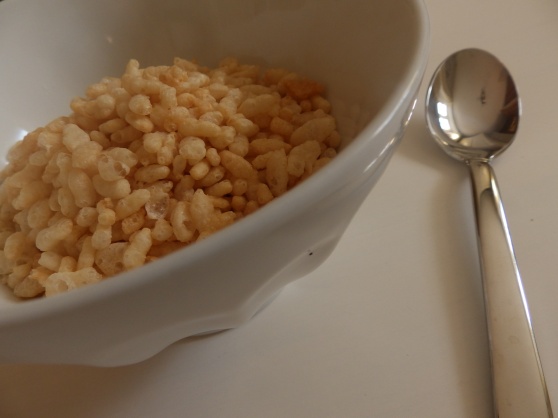by Jonathan Motha-Pollock
The October Crisis followed the kidnapping of two government officials in Montreal by the Front de libération du Québec (FLQ). Prime Minister Pierre Trudeau instituted the War Measures Act, bringing the Canadian military into the city and allowing the Montreal Police Department to detain 497 people without due process (Clément 167). The arrests largely targeted nationalists and those of the political left — those whose beliefs might align with the FLQ. Les ordres is Michel Brault’s fact-based retelling of this event. It is a docu-fiction that tells the story of five individuals among the many civilians who were wrongfully imprisoned during the October Crisis. The film chronicles the experiences of these five characters from the time they are arrested, to the injustices they suffer in prison, to the lasting effects after their release.
The following two scenes yoke food together with freedom. The one (food) stands in for the other (freedom or lack thereof).
In the first, a handcuffed Richard instructs his eldest son Sébastien to feed his infant brother cereal. Sébastien responds to his father’s orders, saying that his little brother will not want to eat cereal. His infant brother’s appetite is a matter of choice, desire, freedom, none of which applies to Richard, who is being taken to prison. Beyond this, however, Richard is also positioned as a prisoner in the way that he is constrained by the limits of the lens. The camera frames Richard with a medium shot — cutting off his legs as well as the top of his head — while he is being handcuffed. Additionally, the blocking of characters in the scene lends itself to a sense of enclosure: Richard is positioned between the two officers who arrest him; there is literally no way out. It is telling, then, that the cereal eater or abstainer in question is not once “captured” on film during the conversation about cereal. He is sitting in a nearby room, but he maintains his freedom, outside the frame.

The second scene depicts Clermont’s struggle to stay nourished while locked up in his prison cell. The tight shots of Clermont’s cell portray an image of a man with no room to move. Additionally, his cell bars stand in front of the camera, dividing him from the viewer. Clermont is given food that is inedible. Initially he tries to eat the porridge but vomits. He struggles to exercise agency by refusing to eat until actual food is provided. André Loiselle describes the prisoners’ refusal to eat as a matter of “try[ing] to maintain a sense of dignity in the face of horrendous humiliation” (108). Later, another inmate explains that the prison guards delay access to edible food so that when it is given, the guards appear as benefactors to the prisoners.

Reading food as a symbol of freedom in this film exposes how the actions of law enforcement can violate people’s civil liberties, and it reminds the viewer to be skeptical of extreme government action.
Works Cited
Clément, Dominique. “The October Crisis of 1970: Human rights abuses under the war measures act.” Journal of Canadian Studies/Revue d’études canadiennes 42.2 (2008): 160-186.
Loiselle, André. Cinema as History: Michel Brault and Modern Quebec. Toronto International Film Festival, 2007.
Les ordres. Montreal: Michel Brault, 1974. DVD.
Photos by Alexia Moyer

